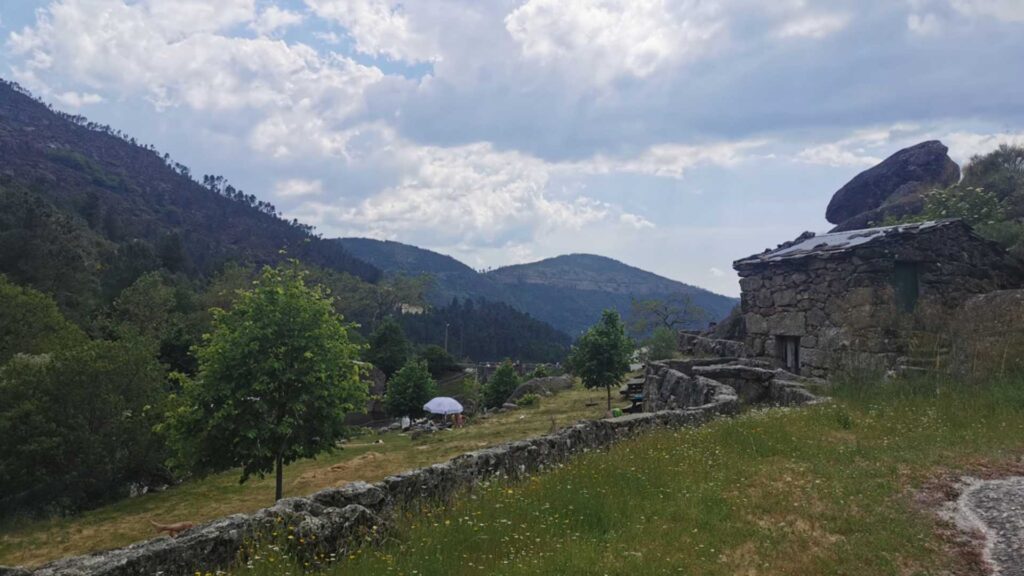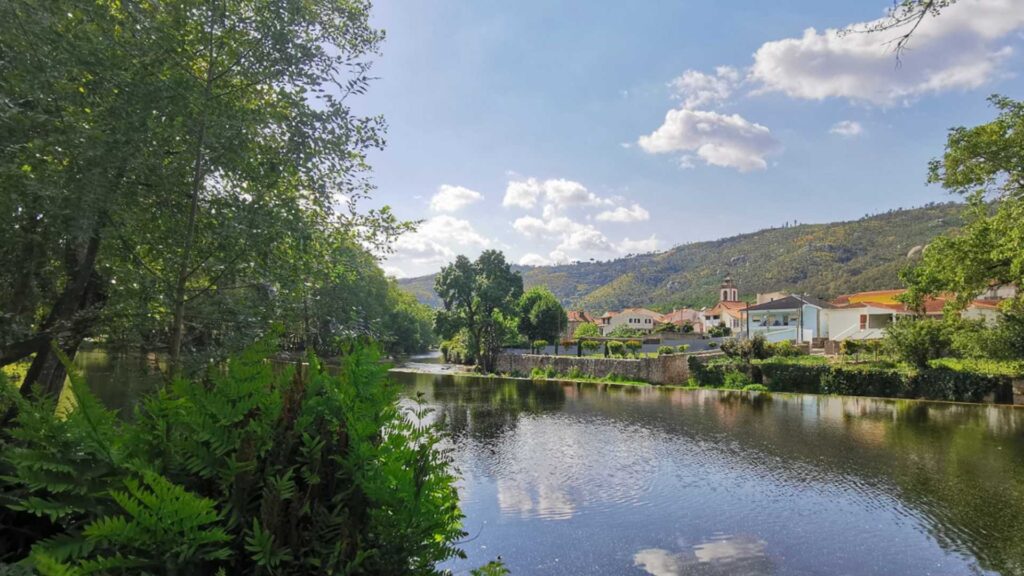By Catarina Esgalhado, Dr José Muñoz-Rojas Portugal and Dr Maria Rivera Mendez (LABscape, Universidade de Évora)
The mountains of Europe bring rich and unique cultural heritages to their respective regions. Portugal is home to many mountain ranges and each is known for its own special contribution to Portuguese culture. Read on for a better understanding of one of the Central Portugal’s most renowned products: the Serra da Estrela cheese.
Serra da Estrela is the largest and highest mountain area in Portugal. It is known for its beauty and rich traditions, but also has a deep relationship with the pastoral systems of Portugal. A pastoral system is a way of managing livestock, typically in rural landscapes. Mobility is the defining factor of this system, as farmers move their livestock from area to area in pursuit of the best-suited environment. Serra da Estrela cheese finds its home in its namesake mountain region, in which farmers utilise the area’s suitable pastoral qualities. This renowned cheese, with a history dating back centuries, serves as a symbol of pride for the region.
The History of Serra da Estrela Cheese
This product’s extensive history has shaped how we know the cheese to be today. Serra da Estrela cheese dates back to the 16th century, when men traditionally reared sheep and women produced the cheese. The region’s cheese-making process was passed down for generations, establishing it as an age-old artefact of Serra da Estrela’s culture. Although this system has changed forms throughout the years to adapt to modern ways, one thing remains constant: the resources native to Serra da Estrela. In 1996, Serra da Estrela cheese was granted the Protected Denomination of Origin (PDO) status, certifying that it is exclusively produced within a designated area and using raw milk from native sheep.

Serra da Estrela landscape (credits: Ana Margarida)
Serra da Estrela: A Changing Landscape
The establishment of PDOs offers a unique opportunity for rural development while simultaneously safeguarding the specific terroir and local know-how. However, Serra da Estrela has experienced a decline in grazing pressure, which has shifted the pastoral system present in the region. Social and economic factors have compelled shepherds and their flocks to move to the foothill or out of the sector altogether. Consequently, the region has witnessed a decrease in the overall number of grazing animals. This is coupled with an increased availability of low-altitude pastures and modernised shepherding practices, and has resulted in a reduction in transhumance and the utilization of high and medium-altitude pastures. Transhumance is the practice of moving livestock to mountain areas when it is warm, and to lower altitudes over the rest of the year.
Moreover, a dwindling population has resulted in a scarcity of labour across all farming activities. This abandonment of pastures has further led to the expansion of scrubland, intensifying the risk of wildfires (as seen during the devastating fires of 2017 and 2022). Not only does the presence of farmers and livestock contribute to the local heritage and economy, but it ensures that the local environment is protected.
Despite this reduction in ruminants, the production of Serra da Estrela cheese has remained largely unaffected. Production has displayed minimal fluctuations over the past two decades and demand is poised to recover from the setbacks caused by the COVID-19 pandemic. The price of this cheese has remained relatively stable, even amidst rising production costs. Only recently did the value per litre of milk increase, which has been particularly important for the remaining family businesses. Strategies and projects are already in place to promote and enhance the cheese’s value, focusing on image homogenisation, consumer awareness campaigns, and expansion into new markets.

Local Serra da Estrela town (credits: Ana Margarida)
Ensuring the Value of Serra da Estrela Cheese
Nevertheless, relying solely on cheese valorisation is insufficient to maintain the vibrant mosaic landscape associated with Serra da Estrela. To leverage the PDO recognition and benefit the territory, strengthening the connection between the cheese and the mountain area is crucial. Creating incentives for shepherds to continue using pastures at medium and high altitudes becomes imperative in achieving this goal. The preservation of shepherding in the mountain area helps to maintain pastures and an open landscape, playing and important role in reducing fire connectivity and intensity. Additionally, it contributes to preserving the lived bucolic landscape, which has substantial appeal to tourism.
The production of Serra da Estrela cheese plays an important role in the culture, economy, sustainability, and tourism of the Serra da Estrela region. The product has established itself as a treasure of the area and hopes to only increase in value over time. With the decline of typical farming practices in rural areas, it is crucial to promote this product and the rich cultural area it comes from. By fortifying the bond between Serra da Estrela Cheese and the mountain area, we can ensure the preservation of both the cultural heritage and of safe landscape for generations to come.
Header image: Gerd Eichmann, CC BY-SA 4.0, via Wikimedia Commons


